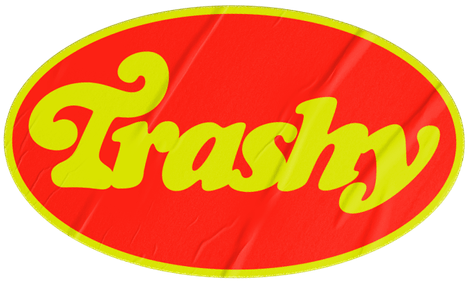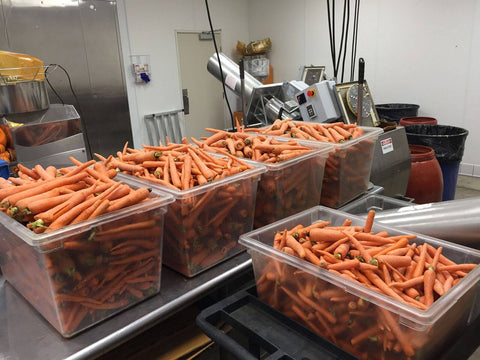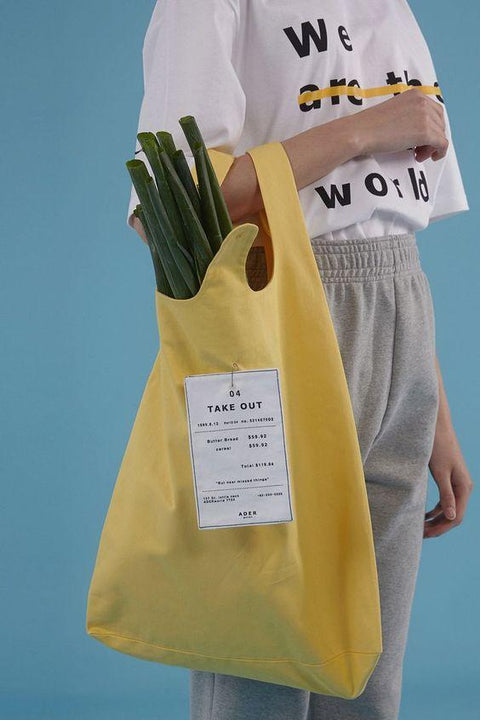
Meet Jessica McBride, the Founder and Director of Open Silo - an online hub for all things urban agriculture in Los Angeles.
Check out our Q&A with Jessica below to learn about the creation of Open Silo, challenges in urban agriculture, and her thoughts on how to create a more sustainable food system.
Q: Give us some background on you and why you came to start Open Silo
A: I am a freelance urban planning consultant and writer living in Los Angeles. In grad school, I started researching the intersection of urban agriculture and urban planning. What I found was a really great group of people, archaic land use regulations, and little meaningful support from our local government. I worked for some time as a land use consultant, but always wanted to get back to this food-growing community. A couple years ago, I quit my job to start Open Silo. I began by inviting farmers, gardeners, and organizers over to my house for potlucks, asking them what challenges they faced and what successes they were proud of. I think most groups need a "center," a place to meet, share resources, and learn from each other. Though Open Silo doesn't have an office (yet!), our events, website, and social media have started to serve as that center. A place where you can be "in the know" and form relationships with people. Ultimately, it's about building social capital within this community.
Q: What is your focus or philosophy in the evolution of urban agriculture? Why is it important to foster its growth?
A: I see urban agriculture as an important part of a balanced "urban ecology." Cities are very good at specializing, but we need to be intentionally balanced and diverse with our various ecologies so that everyone can thrive. Some people feel a deep need to be connected to their food source, to work alongside nature to produce growth, even if it's just a supplement to their pantry. Urban farms and gardens provide habitat for native birds and insects, as well as opportunities for stormwater to drain into soil, rather than to the ocean. We also have 500,000 neighbors in LA County who experience food insecurity, so I also see urban agriculture as an alternative way to produce and distribute food within the city. But beyond that, urban agriculture seems to be a largely positive, collaborative, peaceful enterprise. As an urban planner, I think we should be encouraging and supporting those kinds of beneficial human activities.
Q: What do you see as the biggest challenges to making urban agriculture more accessible for people today?
A: Land access is usually one of the biggest barriers. Urban land is relatively scarce, so it tends to be more expensive. The most common places that I see food grown are a) on land owned by a farmer or gardener, or b) on land owned by institutions such as a church, school, or non-profit organization that have their own garden project, or partners with another organization. We have a strong culture of private property, so even though we see vacant lots in many neighborhoods, it's difficult to identify and contact those absent owners to get permission to use their land. The Urban Agriculture Incentive Zone in Los Angeles is designed to incentivize owners to offer their land for urban agriculture, but owners are typically not interested. And in Los Angeles, there is no penalty for leaving good land vacant. We need to rethink that.
Q: If there was one thing you could change about our food system or culture around food, what would it be?
A: If North Americans ate even half the meat we currently eat, I think that would significantly impact our health, our environment, and the way we raise animals. I eat meat, but I am eating it less and less, and I'm encouraged by how many people are identifying as vegetarian or vegan. People have different motivations for eating less or no meat. For me, it's the knowledge that, if I was running a farm, it's very unlikely that I could raise and maintain enough animals to eat meat every day at a price I could afford. So I'm essentially asking other humans to mass-produce meat in a way that I find inhumane, so that I can afford meat for every meal. And that just stopped making sense to me.
Q: What's your advice to anyone interested to get involved in your work / their community?
A: If you're in Los Angeles, come to an Open Silo event! We have happy hours and hang out at urban farms, and we want to meet you! If you want to spend time growing food, local growers are usually delighted to have an extra hand and they can teach you food-growing skills as you go. But what I really would say to anyone is: do the thing you love to do, along with other people who love doing that thing. Use your unique passion to teach someone a new skill, connect with a stranger, and bring people joy. I haven't discovered a silver bullet to solve all the world's problems, but that's the closest thing I've found.
Q: Where can people find more info about you?
A:Our website is OpenSilo.org and you can follow us on Instagram and Facebook (@opensilo).







